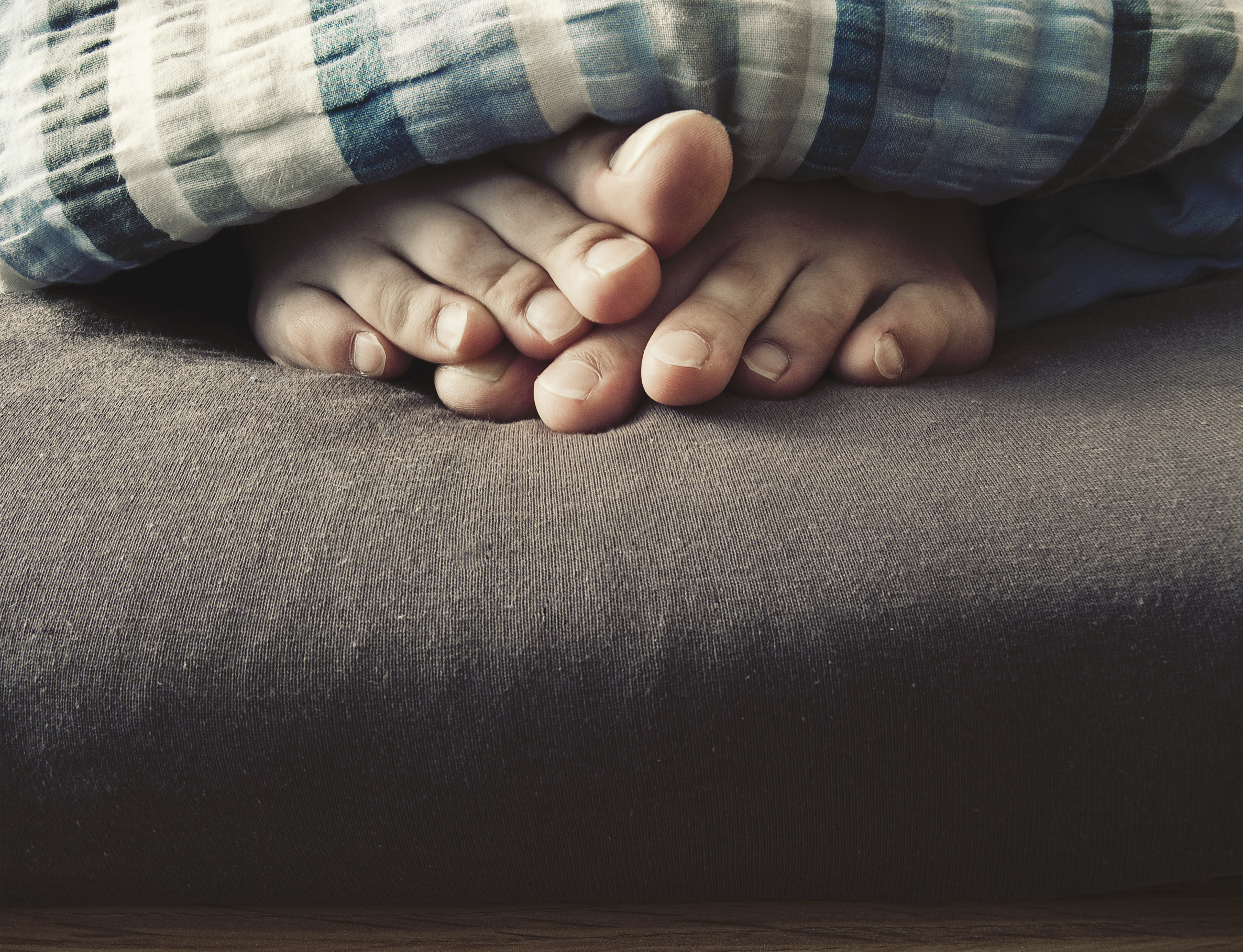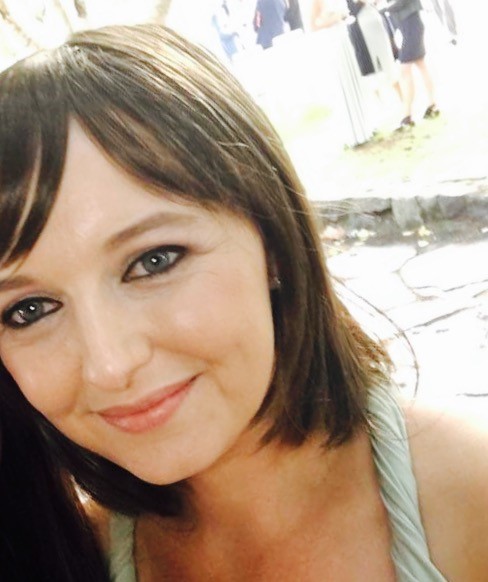-
Warts are caused by certain strains of a viral infection called the human papillomavirus, or HPV.
There are many different kinds of warts, including:
- Common warts: These are small, raised bumps that grow on your skin. Usually as a single wart or a cluster of warts. They can have a bubbly or rough surface and most often appear around the hands, feet, elbows and knees.
- Plantar warts: Also known as verruca, these warts usually appear on the soles of your feet. You may notice a small, hard white area of skin with tiny black dots.
- Mosaic warts: These appear as a group of tightly clustered warts. They’re most common on your hands and feet.
- Flat warts: Also known as plane warts, flat warts tend to be smooth, and are usually yellow in colour.
- Filiform warts: These warts appear as a long, thin thread and most often occur on your eyelids, armpits and neck
- Genital warts: These look like grey or off-white lumps with a grainy ‘cauliflower’ appearance. Since genital warts are sexually transmitted, the penis, vulva and anus are most commonly affected. Some common types of genital warts predispose women to cancer of the cervix
Should you worry about warts?

-
How to prevent warts
Human Papillomavirus, the virus that causes warts, is an infection can be passed on by skin-to-skin contact or contact with a contaminated surface, for example, a public shower. It’s important to take precautions to prevent the spread of warts when you have them. These include:
- avoid sharing towels and socks
- wash your hands after applying treatment to the wart
- clean the bottom of your shower or bath after using it
- don’t pick at or scratch your wart
- avoid being barefoot in communal areas- especially around swimming pools.
Are warts cause for concern?
Generally speaking, warts are common and nothing to worry about. In fact, one in five kids will develop a wart in their lifetime and many adults get them too. More often than not, a wart will disappear without any medical treatment at all.
What treatments are available?
While they might not be the most aesthetically pleasing thing to look at, in most cases there’s no need to treat a wart, and it should disappear on its own.
Some people turn to over-the-counter treatments if a wart is bothering them. There are a range of these treatments available in chemists. And if you have multiple warts or they don’t clear up within two years it’s a good idea to visit your GP to discuss treatment options.
The treatments offered could include:
- using liquid nitrogen to freeze the wart off
- surgical removal of the wart
- laser therapy.
More burning questions? Find out what causes other common health conditions like acne, dandruff and muscle cramps.
-
What causes bad breath?
Find out how to keep your mouth smelling fresh
-
Signs to look out for when a cold is getting more serious
When you should see a doctor for a cold.
-
The health checks to keep in mind at different stages in your life
Have you had these health checks?
-
Bowel cancer: risks, symptoms, diagnosis and treatment
Learn more about bowel cancer
-
Flu myths debunked
Is 'man flu' real? Can you catch the flu from the flu vaccine? We separate flu facts from flu fictions.
-
Where to get health support in Australia
An Overseas Student Health Cover member’s guide to key health services and when to use them.
Subscribe to receive the best from Live Better every week. Healthy recipes, exercise tips and activities, offers and promotions – everything to help you eat, move and feel better.
By clicking sign up I understand and agree to Medibank's privacy policy






